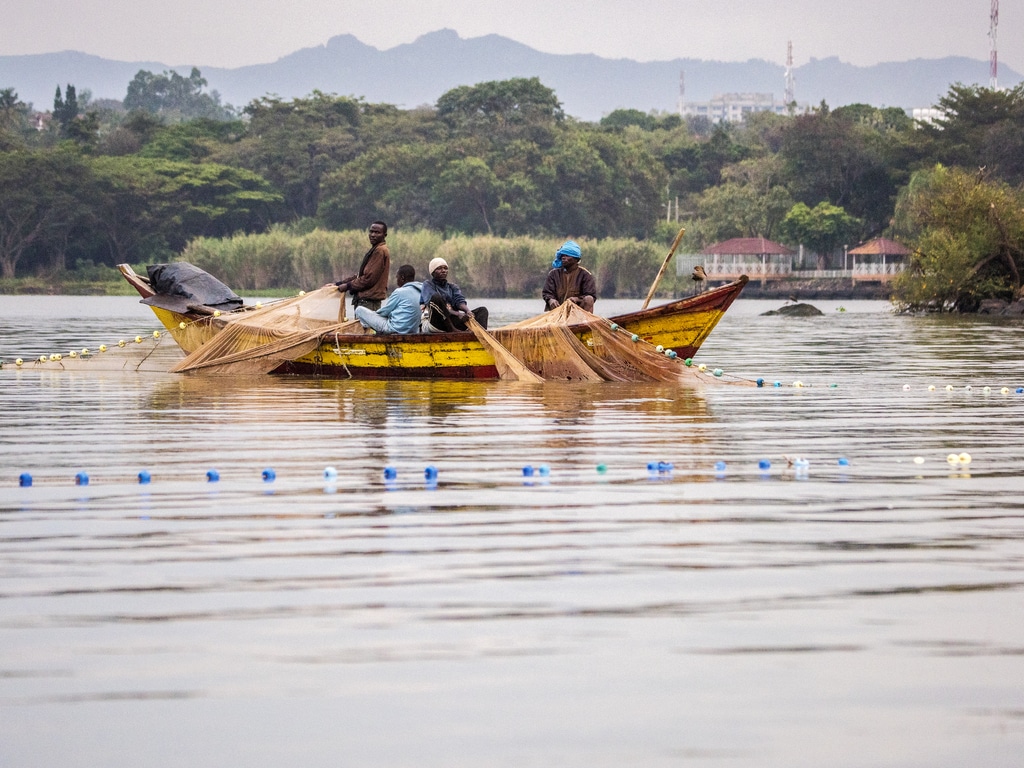Increase the availability of fish in Lake Victoria through the development of fair and environmentally friendly aquaculture models. This is the objective of WorldFish, an international organisation member of the Consultative Group on International Agricultural Research. It works in partnership with the Lake Victoria Fishing Organization (LVFO), an institution of the East African Community (EAC) dedicated to the management of Lake Victoria’s fisheries resources. The collaboration aims to develop a sustainable aquaculture project in Kenya, Tanzania and Uganda. The three countries in East Africa share the resources of Lake Victoria, which contributes to the food and economic security of millions of people.
According to WorldFish, over the last decade fish stocks have declined due to overfishing and invasive plant species such as water hyacinth. This large East African lake is also affected by pollution and climate change. Endangered fish species include Nile perch and Nile tilapia. This has led to a reduction in per capita fish consumption in the Lake Victoria basin. To increase food availability, WorldFish and LVFO will focus their research on biosecurity of aquaculture production systems, management of aquatic genetic resources, access to trade networks and support for the development of local worker skills for aquaculture-related businesses. This research will be undertaken in the framework of the EAC TRUE-FISH project funded by the European Union (EU).
Capacity building
WorldFish will also collaborate with LVFO to train staff of companies specialising in aquaculture, identifying and managing limiting factors and sustainability risks, thus contributing to the maintenance of natural, diversified and productive fisheries. The international organisation will also provide technical assistance to the LVFO to strengthen aquatic animal health conditions, fish farming and zoning of Lake Victoria with a view to protecting biodiversity. “The results obtained will be used to advise on the adoption and implementation of regional and national policies, regulations and associated implementation guidelines for aquaculture development and biodiversity management,” says WorldFish.
Inès Magoum
